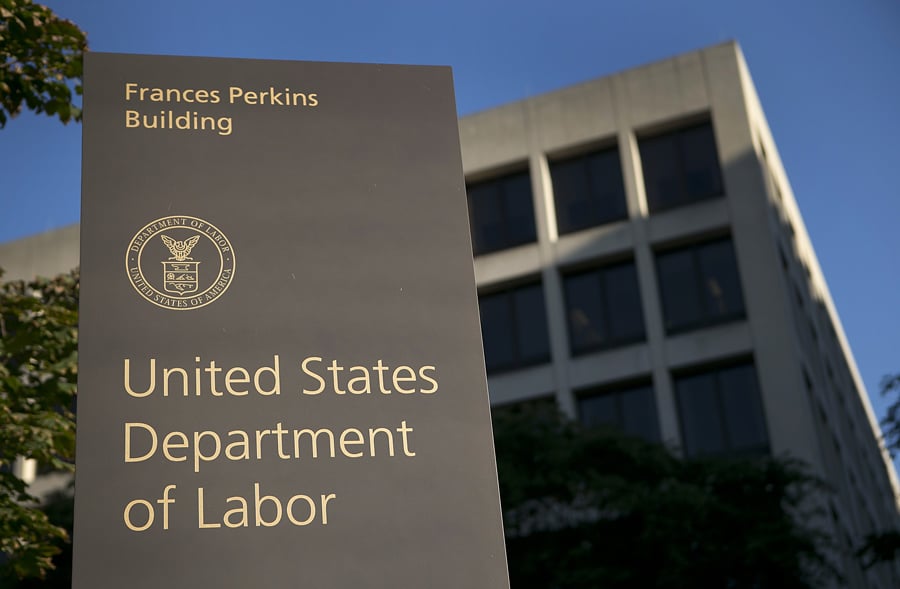The Department of Labor proposed a rule Tuesday that's meant to encourage more employers to
issue retirement plan disclosures electronically to plan participants.
The
rule would allow sponsors of 401(k)s and other defined-contribution plans to default participants with valid email addresses into receiving all their retirement plan disclosures — such as fee disclosure statements and summary plan descriptions — digitally instead of on paper, as has been the traditional route.
Participants can opt out of e-delivery if they prefer paper notices. The proposed rule covers the roughly 700,000 retirement plans subject to the Employee Retirement Income Security Act of 1974.
"DOL rules have largely relied on a paper default," said Will Hansen, chief government affairs officer for the American Retirement Association. "Everything had to be paper, unless they opted into electronic default. This rule is changing the current standing."
[Recommended video: Next gen advisers must be more diverse]
Proponents of digital delivery believe it will save employers money and increase participants' retirement savings. The DOL also believes digital delivery will increase the effectiveness of the disclosures.
Plan sponsors are responsible for the costs associated with furnishing participant notices, and many small and large plans pass those costs on to plan participants, Mr. Hansen said. The DOL estimates its proposal will save retirement plans $2.4 billion over the next 10 years through the reduction of materials, printing and mailing costs for paper disclosures.
Opponents of digital delivery maintain that paper delivery should remain the default option. They have noted that participants are more likely to receive and open disclosures if they come by mail, and claim that print is a more readable medium for financial disclosures that helps participants better retain the information.
"We are reviewing the proposal carefully and look forward to providing comments to the Department of Labor, but we already know that in a world of information overload, many people prefer to get important financial information delivered on paper, not electronically," said Cristina Martin Firvida, vice president of financial security and consumer affairs at AARP. "The reality is missed emails, misplaced passwords and difficulties reading complex information on a screen mean that most people do not visit their retirement plan website on a regular basis."
President Donald J. Trump
issued an executive order in August 2018 calling on the federal government to strengthen U.S.
retirement security. In that order, Mr. Trump directed the Labor secretary to examine how the agency could improve the effectiveness of plan notices and disclosures and reduce their cost
The DOL proposal, called Default Electronic Disclosure by Employee Pension Benefit Plans under ERISA, is structured as a safe harbor, which offers legal protections to employers that follow the guidelines laid out in the rule.
Retirement plans would satisfy their obligation by making the disclosure information available online and sending participants and beneficiaries a notice of internet availability of the disclosures. That notice must be sent each time a plan disclosure is posted to the website.
A digital default can't occur without first notifying participants by paper that disclosures will be sent electronically to the participant's email address.
The 30-day comment period on the proposal starts Wednesday. In addition, the DOL issued a request for information on other measures it could take to improve the effectiveness of ERISA disclosures.







